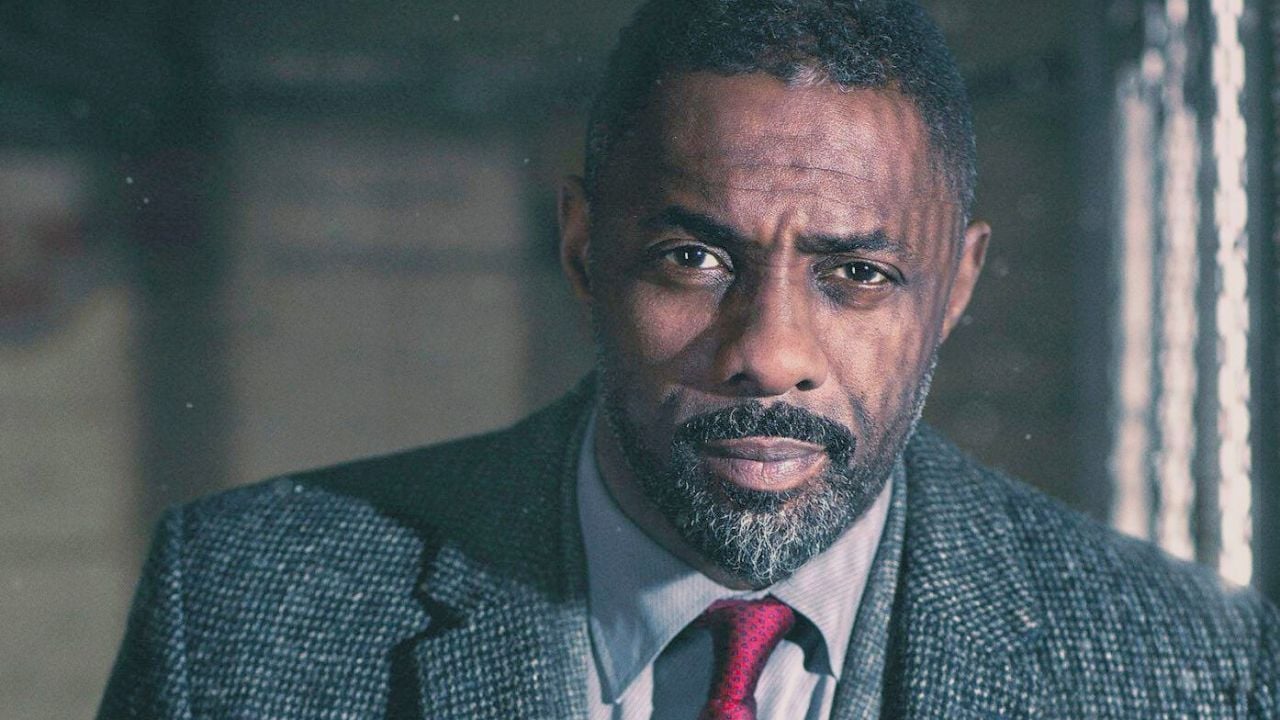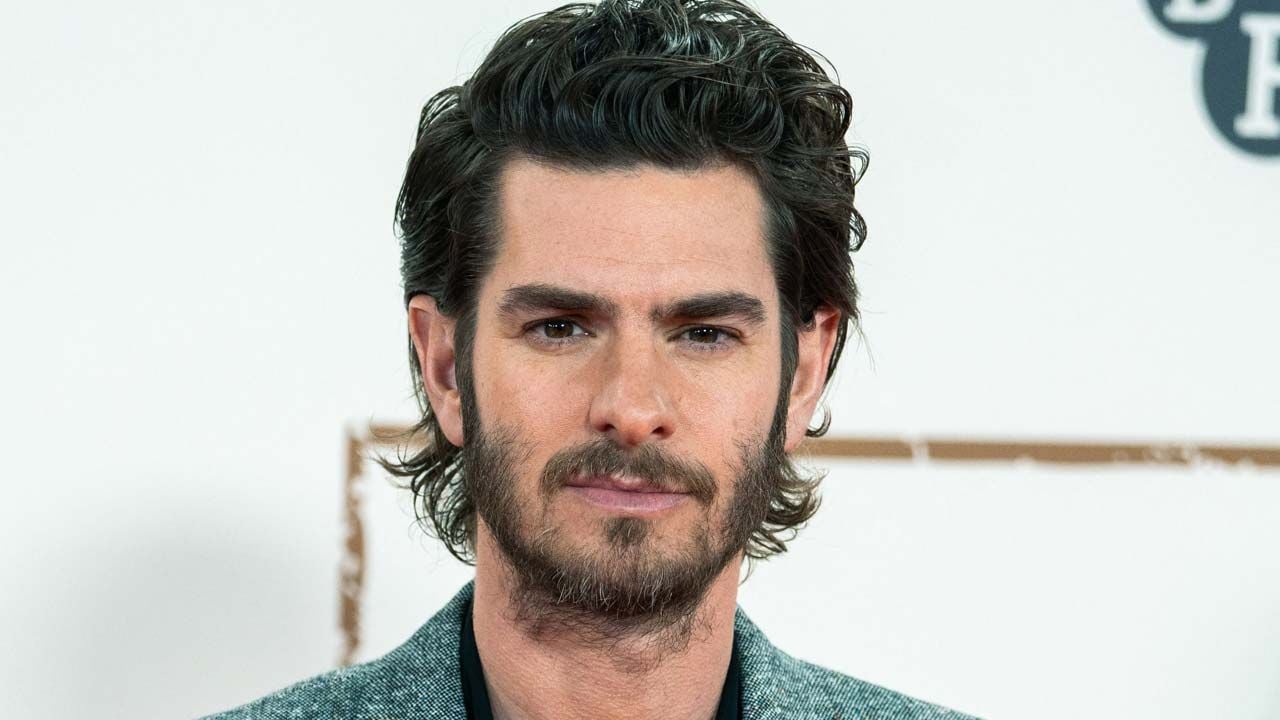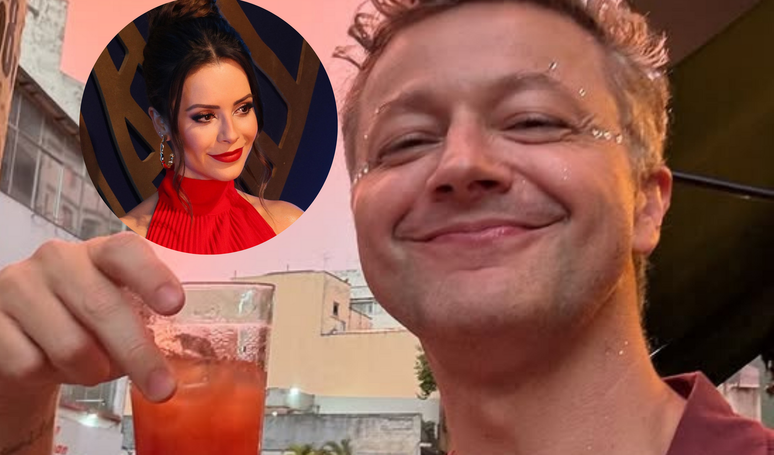Breathing slowly and deeply, focusing on the present, reducing the use of social networks, and channeling distress into actions that help achieve the desired goal are some of the guidelines provided.
The uncertainties of electoral disputesthat next Sunday 30 will bring Brazil back to the polls to elect 12 governors and the next president of the Republic, have provoked tension and anxiety among the voters of the country. And, to alleviate the emotions on the surface, experts consulted by the Estadio They warn that breathing techniques, exercise and even detox from social networks can help bring peace of mind and lower anxiety levels that have taken part in the busiest electorate.
Marked by high polarization, excessive use of digital media, massive information production, and even violence among supporting candidates, this year’s electoral race sparked conflict and stirred up feelings in people swaying with anger. to fear.
Daniel Martins de Barros, psychiatrist and columnist of the Estadioexplains that in order to calm down it is necessary to practice the emotional self-regulation. In other words, being able to control one’s emotions. For this, according to Barros, there are two main strategies: one is to focus on the problem that triggers the feeling of anxiety and the other is to focus on the emotion that is manifesting itself.
Anxiety: 10 Answers on the Mental Health Term Most Searched by Brazilians on Google
Anxiety: what is the disorder, the symptoms and how to control a crisis
“There is mindfulness, a meditation technique of Buddhist origin and focused on health, which helps to develop the behavior of focusing on the present moment. For this, a strategy that helps is to use the sense organs to bring the person to the now” , explains Mariangela. An example he uses is, when he is eating, to focus attention on the taste of the food, the smell, among other characteristics.
What to do in the face of an anxiety attack?
In the event that anxiety becomes more pronounced and more difficult to control, experts warn of other ways to manage this feeling. To take care of “this wave of anxiety”, as described by psychiatrist Daniel Martins de Barros, the way is to try to identify the reason that triggered this feeling. “The trigger can be news, for example. So you need to act on that trigger.”
Mariângela reassures: “The big crises pass. They don’t last more than 15 minutes. It’s just sitting and waiting to pass,” she says. But the specialist also explains that it is important to accept that the anxiety has arrived and that a strategy that can be effective in these moments is to look outside and not focus on internal feelings.
“One technique we use is distraction. For example, there is a shelf in front of you, you start counting how many books there are on the shelf. With that, you take your eyes off the bodily sensations and start looking outside,” he says. the psychologist. “Paying attention to what you are feeling, like focusing on the tachycardia, only increases the anxiety,” he adds.
In addition to tachycardia, that is the rapid heartbeat, as mentioned by Mariângela, other symptoms that can be observed at the time of anxiety are racing thoughts, wheezing and even tense muscles.
When anxiety reaches high levels to the point that the person cannot minimize symptoms with the suggested techniques, Daniel Martins de Barros warns that this is a sign that the person should seek professional help. “When the patient stops controlling the anxiety and the anxiety starts to control the person, then he needs to seek professional help, from both a psychologist and a psychiatrist,” he says.
In the case of people who have a clinical diagnosis of closed anxiety and taking anxiolytic medications, both experts say that any dose increase of the drug should always be discussed with the patient’s professional and that ingestion alone should not be practiced. .
How does social media affect mental health?
In an effort to feel supported and less alone, those most anxious for the country’s future have sought refuge in social networks and chat apps. However, as this is a highly polarized and unpredictable election dispute, frequent and excessive use of digital media can also be the trigger for this anxiety.
For psychiatrist Daniel Martins de Barroso, the level of immersion in the networks will depend on each person and each person’s ability to understand how good or bad it is. “It is like a consumption model. It is individualized. How much should be consumed and how much to control social networks will depend on each and how much the person feels is affecting them.”
He points out, however, that there are contents that “are not good for anyone”. “Information without source, without reference, exaggerated information and with appeal to this amount junk food (English term for food with low nutritional value). It’s like nutrition. We know that whoever consumes it will do him no good “.
For Mariângela, the problem with networks is that they put users in contact only “with those who look the same”. “This only helps reinforce the idea that the other is wrong,” she says. He then suggests adopting a strategy similar to that used in the most critical periods of the covid-19 pandemic, when many people also felt anxious and were afraid of being victims of the disease.
“Don’t look. Take a break. Because if watching the news makes you sick, makes you anxious, and makes you more inflamed, angry or scared, it might be worth a detox. Because, from the point of view of the outcome of the elections, (reading or not the contents) will not change anything “.
Family relationships
When it comes to family conflicts and disagreements that can occur under one roof and that can also trigger anxiety symptoms, Barros understands that the best strategy is conversation between the parties. “Dialogue is usually preferable to silence. But if dialogue is not possible and the result of talking about it is a struggle, then silence is preferable,” he says.
Turn anxiety into action
According to psychologist Mariângela Savoya, people heavily involved in the electoral dispute could alleviate the tension by channeling feelings towards actions closer to the desired goal. One example is the voluntary participation in campaigns by candidates or taking to the streets to support their favorite politician.
“This, in some ways, can increase anxiety,” admits the psychologist, “but at the same time it causes that feeling of anguish to be directed towards an action. There is (in this act) the awareness that one is participating and doing something, even if it doesn’t lead to the desired result in the future. But at least it makes you feel like you’ve done your part. “
Check out tips on how to ease pre-election anxiety
– Practice deep and slow breathing (the time to inhale the air should be double the time to exhale);
– Perform physical exercises to relieve tension;
– Apply relaxation and meditation techniques;
– Do not focus on anxiety symptoms, such as rapid heartbeat and wheezing; “distract” with the outside;
– Don’t worry about an uncontrollable future; connect in the present from the five senses of the body;
– Moderate the use of social networks and the consumption of information; get information only through professional, referenced and credible vehicles;
– Do not argue with the voters of the opposing candidate; seek dialogue. If this is not possible, silence is better than discussion;
– Channel the sensation into some action that gives the feeling of making a difference and helping to achieve the desired result.
+The best content in your email for free. Choose your favorite Earth Newsletter. Click here!
Source: Terra
Benjamin Smith is a fashion journalist and author at Gossipify, known for his coverage of the latest fashion trends and industry insights. He writes about clothing, shoes, accessories, and runway shows, providing in-depth analysis and unique perspectives. He’s respected for his ability to spot emerging designers and trends, and for providing practical fashion advice to readers.







